The biggest act of self-love can sometimes be letting go of past grievances and situations that no longer serve you. For creatives, this might involve resolving disputes and protecting your intellectual property. Like the author of the original article, many in the creative field have found themselves in situations requiring legal counsel, often reluctantly due to cost concerns. However, understanding when and why to seek advice from an Ip Lawyer is crucial for safeguarding your work and career.
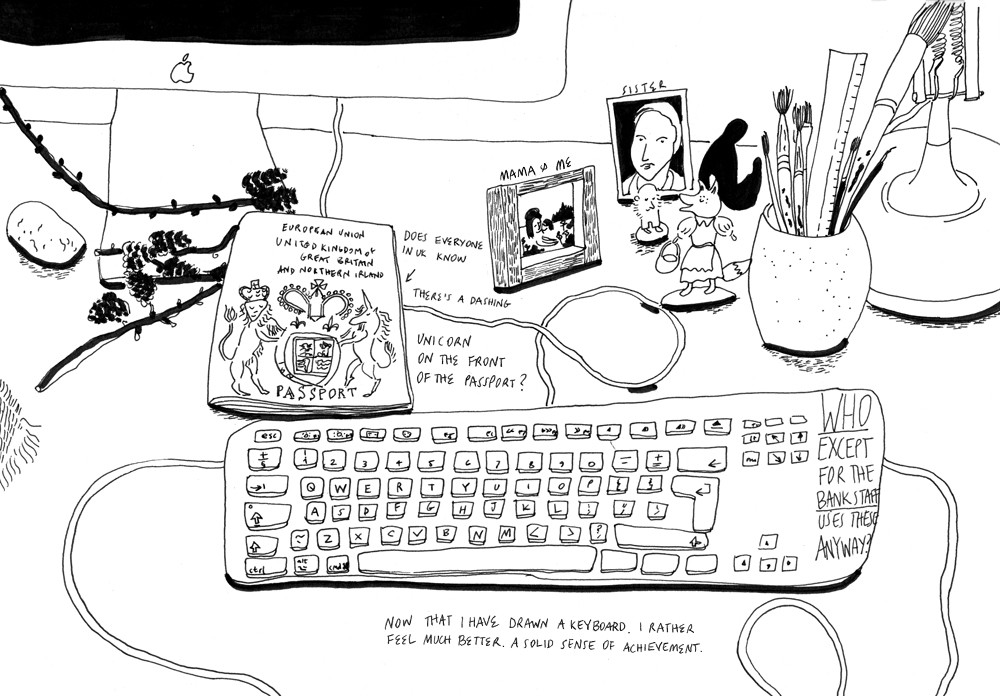
A moment of reflection and self-love, prompting the author to address long-standing creative industry IP issues.
The author’s personal experience highlights a common pitfall in the creative industry: informal collaborations lacking clear contracts. As a commercial illustrator, she undertook a significant project for a friend’s menswear label, operating under a verbal agreement based on friendship. This included a small upfront fee, credit, and a garment made from the fabric featuring her design. The critical oversight was the absence of a formal contract detailing intellectual property rights and usage licenses.
In illustration and design, compensation extends beyond the time spent creating the artwork. A significant portion of the fee covers licensing – granting clients permission to use the artwork within specific parameters (time, territory, media, etc.). Reusing the artwork typically requires an extended license fee. A buyout, on the other hand, involves transferring the copyright entirely to the client, a transaction that always necessitates a formal contract and appropriate compensation.
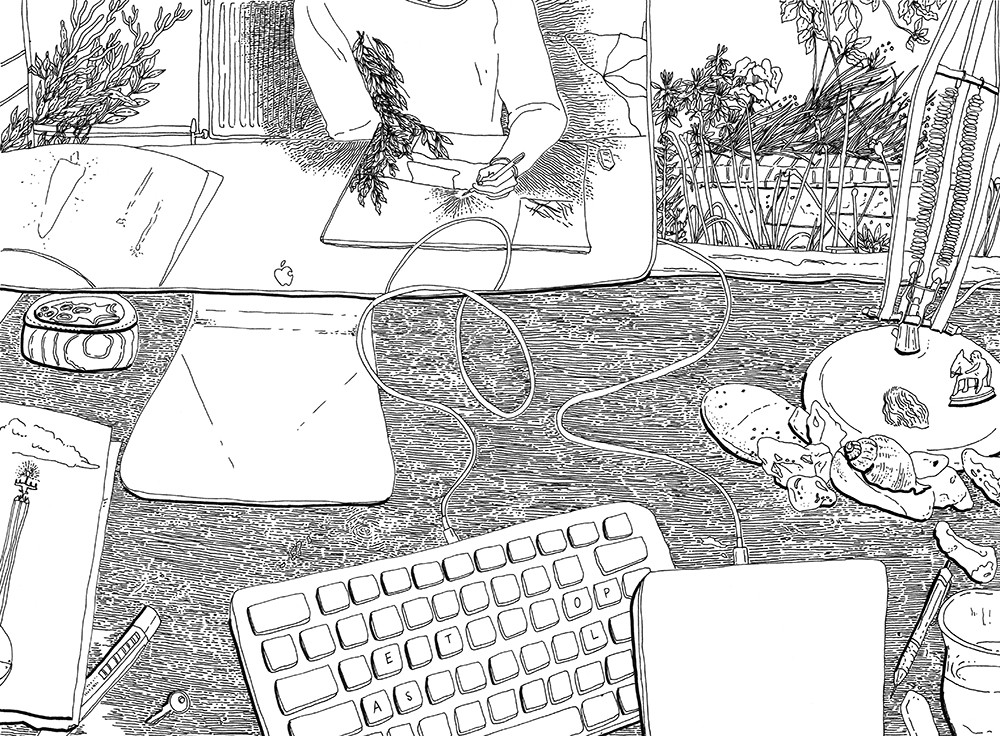
Artwork reflecting personal musings and creative expression, underscoring the importance of protecting such original works with IP law.
The collaboration initially flourished, with the textile print showcased in a collection and an exhibition. However, the relationship soured when the illustrator discovered her design being used in a shoe collaboration with a major brand, without credit or further compensation. This incident brought to light the crucial question of intellectual property ownership, especially in the absence of a contract. While financial gain wasn’t the primary motivator, the illustrator sought to understand her rights and set an example of self-respect and standing up for one’s work.
Although litigation was considered, the escalating legal fees outweighed the initial project earnings. Despite the situation remaining unresolved, the experience served as a valuable lesson. The fashion industry, and indeed many creative fields, are often fraught with similar scenarios where creators are unaware of their rights and how to protect their work. To shed light on these issues, the author consulted Alex Fewtrell, an ip lawyer, to address common concerns and misconceptions that prevent creatives from seeking legal counsel.
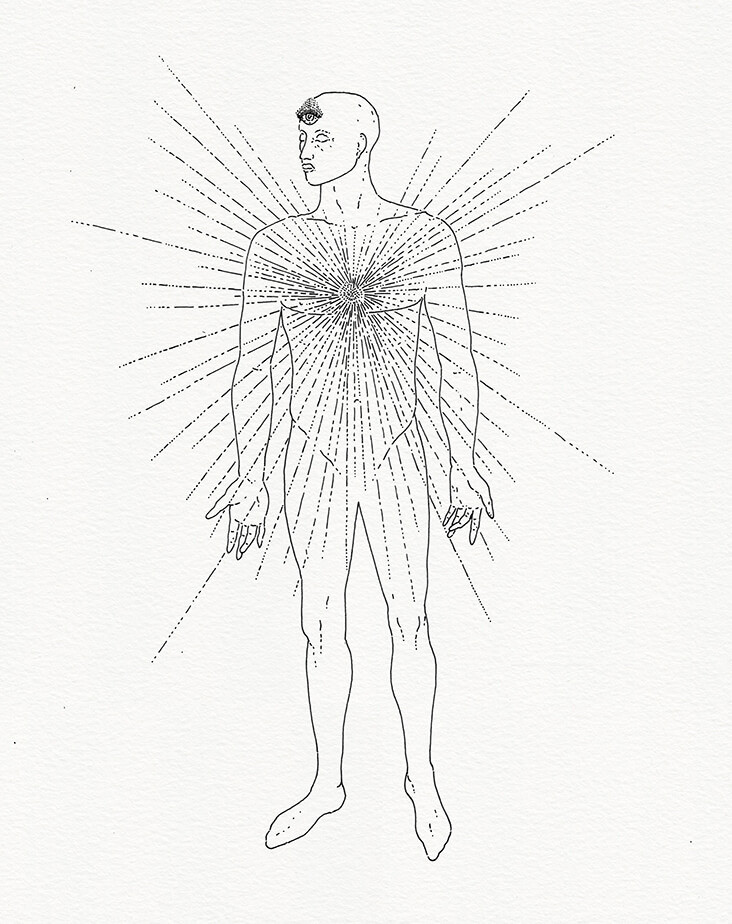
A depiction of a “Conscious Man,” highlighting the need for creators to be conscious of their IP rights and seek legal guidance.
Understanding the Role of an IP Lawyer
What exactly does an IP lawyer do, and when should you consider contacting one?
An ip lawyer specializes in intellectual property law, encompassing areas like copyright, trademarks, registered and unregistered designs, patents, and confidential information or trade secrets. You should consult an ip lawyer for advice on leveraging, enforcing, and managing your intellectual property rights. This can range from seeking guidance on protecting your creations to resolving IP disputes.
Common Copyright Myths in the Creative Industry
What are some prevalent misconceptions about copyright that you encounter in the creative sector?
A widespread misunderstanding is that paying for creative work automatically grants ownership of the copyright. While payment might imply a license to use the work, legally owning the copyright requires a written assignment. Without this formal transfer, the creator typically retains copyright.
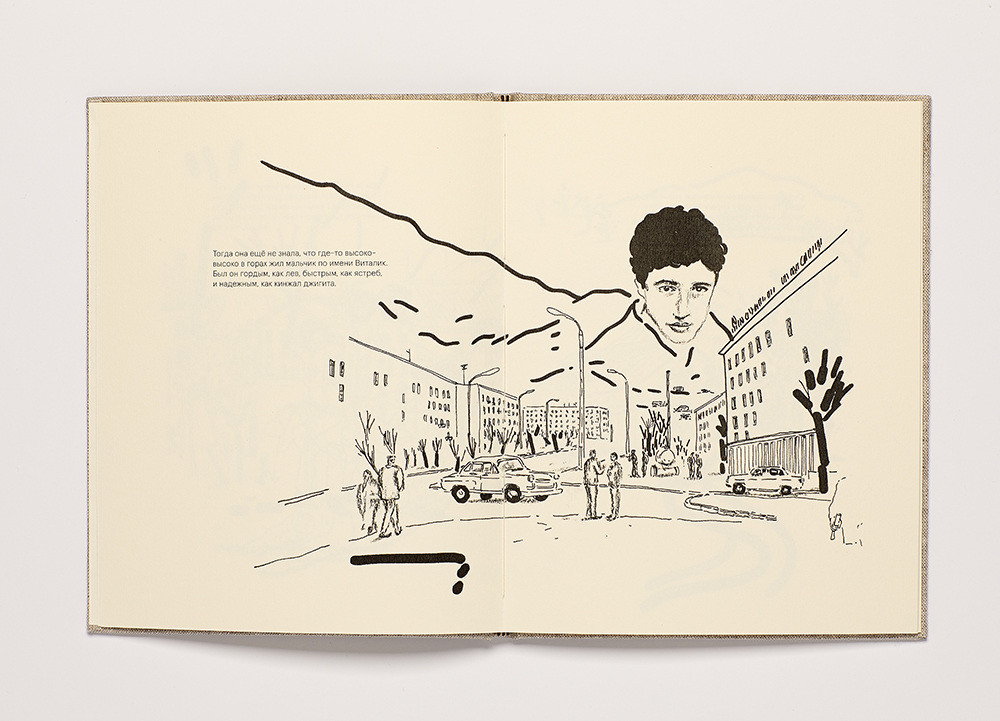
A book spread showcasing creative work, emphasizing the automatic copyright protection afforded to original artistic creations.
Navigating Your Rights as a Creative
As a creative professional, what rights do you inherently possess regarding your ideas, designs, and products?
The rights vary depending on the nature of the work and the specific IP right involved. Copyright, for instance, is automatically granted to the creator of original works, unless created as an employee in the course of employment. Unregistered designs also have automatic protection. However, registered designs and trademarks require formal registration with the relevant IP office for full enforceability. For confidential information and patents, maintaining confidentiality is paramount until protected by an NDA or a patent application.
Resolving Copyright Disputes
Do all copyright disputes inevitably lead to court? What are the alternatives, and why might creatives be hesitant to contact an ip lawyer?
Litigation is not always necessary. A skilled ip lawyer will prioritize amicable dispute resolution before resorting to court proceedings, which can be costly. A pre-action phase typically involves legal correspondence and negotiation to explore settlement options. However, if negotiations fail, formal legal action might be the only recourse. Importantly, consulting an ip lawyer does not obligate you to pursue litigation. The initial consultation is about understanding your options and the best course of action.
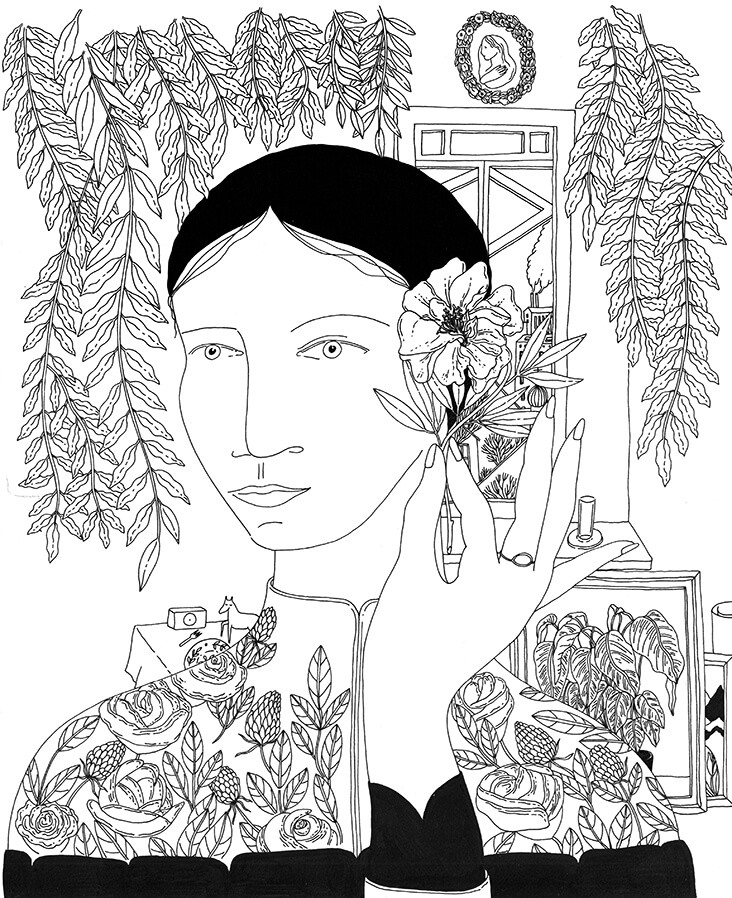
Artwork celebrating the Year of the Horse, reminding creatives to be proactive and seek protection for their valuable IP assets.
Addressing Concerns About Legal Costs
What are the primary reasons creatives often avoid seeking advice from an ip lawyer?
Cost concerns are a major deterrent. Many assume legal services are prohibitively expensive and worry about incurring substantial fees without clarity. However, lawyers are ethically bound to be transparent about their fees and require client consent before incurring charges. Understanding fee structures upfront can alleviate these anxieties.
The Importance of Creativity in IP Law
For an ip lawyer working with creatives, how vital is it to have an appreciation for creativity itself?
Passion for creativity is highly beneficial. While technical legal expertise is essential, an ip lawyer who understands and appreciates the creative process is better equipped to serve creative clients. This passion enhances their ability to connect with clients and provide relevant, effective advice.

A tea menu design illustrating creative application, emphasizing the diverse range of works that IP law protects.
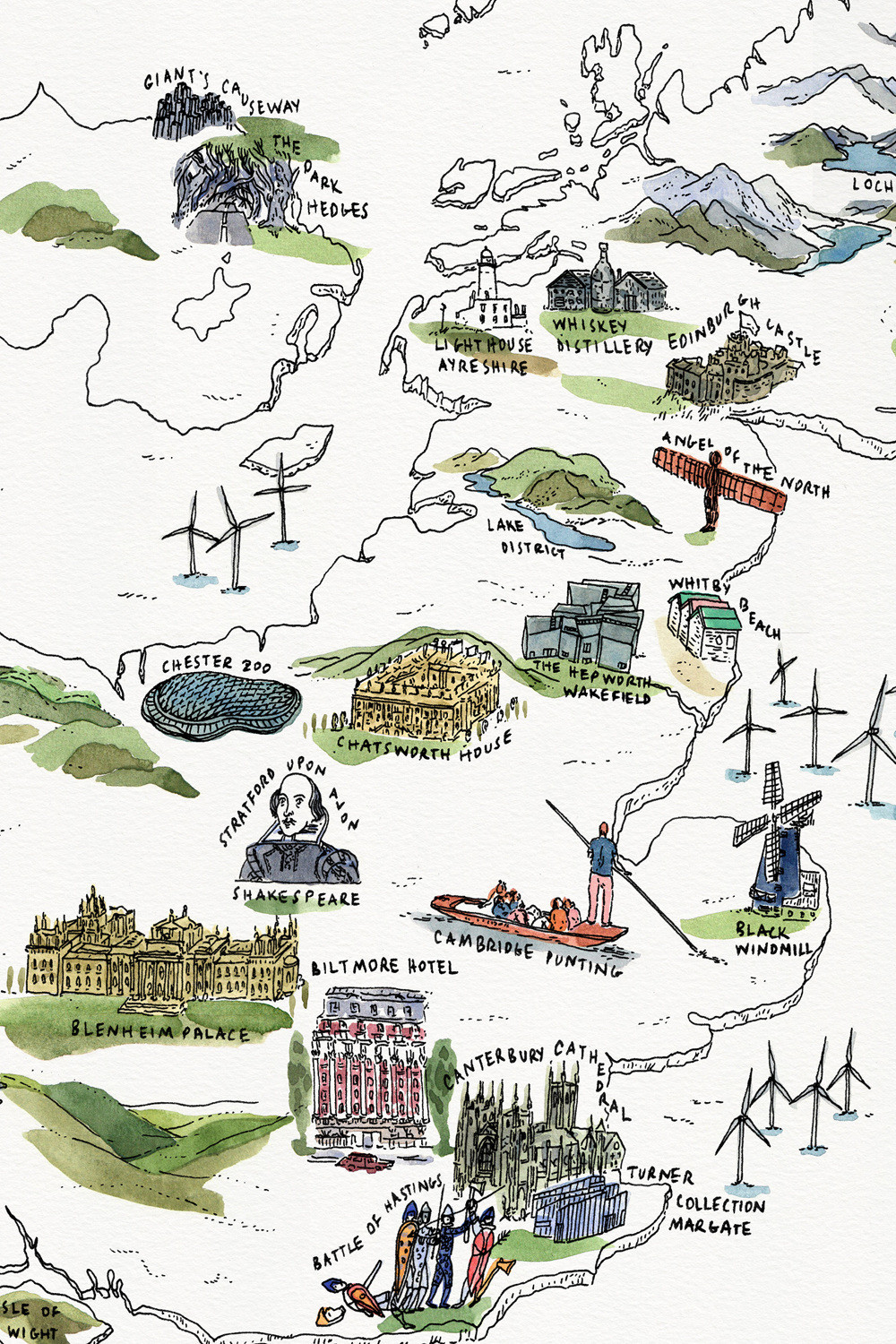
Another view of the tea menu, showcasing intricate design elements that an ip lawyer helps safeguard.
Evolving the Legal Perception
Looking ahead, what changes are needed in the legal industry, particularly regarding accessibility and perception?
A key challenge for the legal profession is to shift the traditional perception of lawyers as intimidating and unaffordable. While historically, lawyers might have been seen as unapproachable figures, the reality is that modern legal practice prioritizes client accessibility and value. Ip lawyers, like all legal professionals, are obligated to act in their clients’ best interests, both legally and financially. The goal should be to make legal advice more accessible and less daunting, ensuring that everyone feels empowered to seek guidance when needed.
The Role of Empathy in Legal Practice
How important is empathy in your professional interactions as an ip lawyer?
Empathy is crucial. An effective ip lawyer must deeply understand their client’s situation and perspective to provide tailored advice and achieve their objectives. Empathy facilitates better client communication, builds trust, and enables lawyers to advocate more effectively.
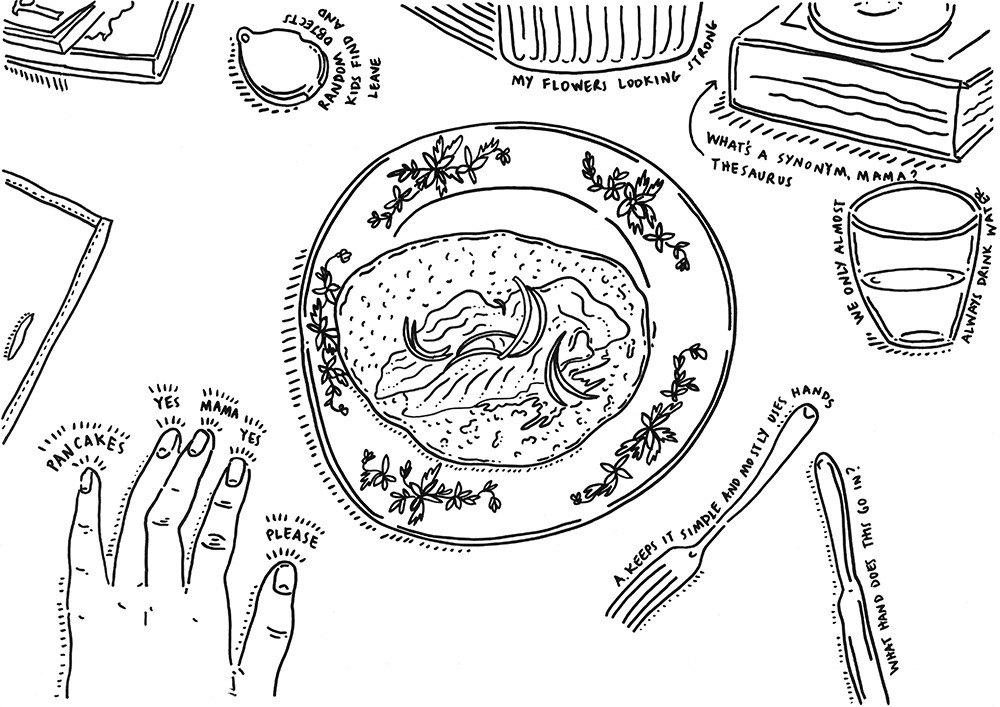
A whimsical illustration of pancakes, reminding us that creativity is everywhere and all forms deserve IP protection.
Qualities of a Good Lawyer
What core qualities define a good lawyer in your field?
Essential qualities include analytical and methodical thinking, and meticulous attention to detail. However, pragmatism and commercial awareness are equally vital. The best legal advice considers not only the legal position but also the financial implications for the client. Strong interpersonal skills and a genuine interest in people are also key, fostering long-term client relationships and a commitment to going the extra mile.
Justice in IP Disputes
How significant is the concept of justice in your work?
Justice in civil disputes, particularly in IP law, differs from criminal justice. It’s less about punishment and more about achieving the best possible commercial outcome for the client, aligned with their specific objectives. Securing a fair resolution and protecting a client’s rights within the commercial context is the essence of justice in this field.
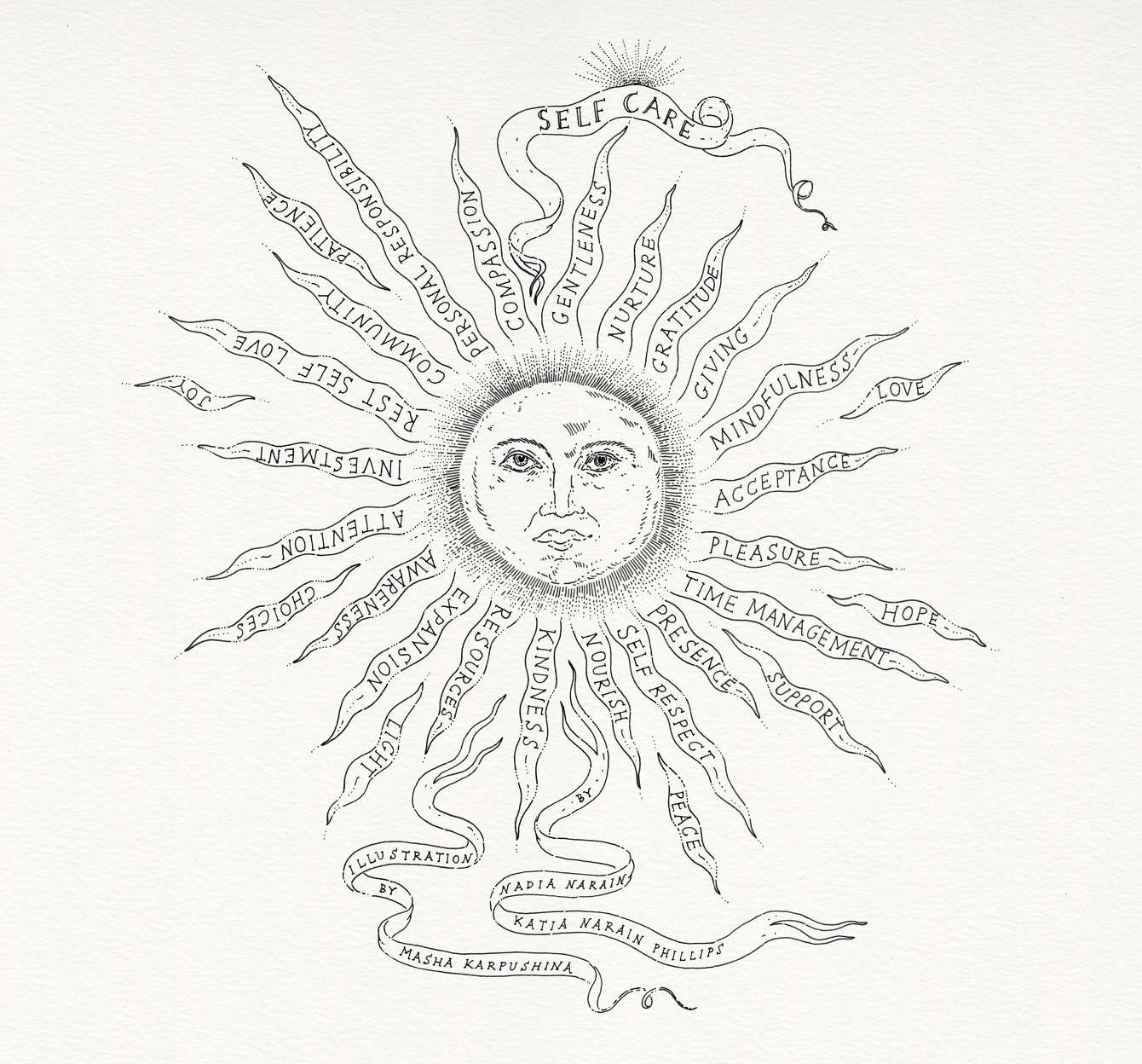
A textured artwork representing the complexities of IP law, and the self-care involved in protecting one’s creative work.
Path to Becoming an IP Lawyer
Was becoming an ip lawyer always your career goal?
An interest in intellectual property existed even before formal legal studies, fueled by a passion for creative industries like music, film, and art. Early exposure to IP law during legal education solidified the decision to specialize in this dynamic field.
Job Satisfaction
What aspects of your job do you find most rewarding?
The daily intellectual challenges and the opportunity to assist individuals and businesses are highly rewarding. Making a positive impact and achieving desired outcomes for clients provides immense professional satisfaction.
Understanding your intellectual property rights is paramount in today’s creative landscape. Don’t hesitate to seek advice from an ip lawyer to protect your work, navigate disputes, and ensure your creative endeavors are legally sound.

